David Pressman served as the US ambassador to Budapest from September 2022 and will leave a lasting impression even after his departure today. This is mainly due to his provocative (media) actions against the Hungarian government, which many conservative American analysts and commentators frequently criticized. His final act, placing Cabinet Minister Antal Rogan on a US sanctions list, marked a disgraceful farewell for a diplomat, further reinforcing his contentious image.
PM Orban did not receive him
It is unsurprising that since the regime change, Pressman is the only US ambassador whom a Hungarian prime minister in office did not meet. This highlights the level of work required to restore Hungarian-American relations under Donald Trump’s presidency, beginning next week.
Over the past thirty-five years, eleven US ambassadors have served in Budapest. Of these, nine were political appointees (five from Democratic administrations and four from Republican ones), while two were career diplomats. During ambassadorial vacancies, the embassy was led by a charge d’affaires for extended periods. For instance, before Pressman’s arrival, there was no American ambassador stationed in Hungary for almost two years. Ambassadorial appointments—except for a loophole never used for Budapest—require approval from the Senate in Washington. Historically, American ambassadors spend no more than two to three years in Hungary.
Political appointees
Over the last thirty years, a typical US ambassador accredited to Budapest has been
- a political appointee,
- a significant supporter of the sitting US president's campaign (and/or his confidant), and
- had little to no prior diplomatic experience. Examples include a lawyer (Peter Tufo, Democrat 1997-2001), an anti-cancer activist (Nancy Goodman Brinker, Republican, 2001-2003), Hollywood screenwriter (Colleen Bell, Democrat, 2015-2017) or a jeweler (David Cornstein, Republican, 2018-2020). Some owed their posts to personal connections with the US president. For example, April Foley (2006–2009) was a university friend of Republican President George W. Bush, while her predecessor, George Herbert Walker (2003–2006), was the cousin of Bush's father, former President George H.W. Bush. David Cornstein referred to Trump as a close personal friend from New York. (However, contrary to some reports, our sources deem it unlikely that Cornstein, now 87, will return to Budapest as ambassador. The same is said about Goodman Brinker, who is 78.)
In Washington, the prestige of the Hungarian capital has been consistently good for decades, a desirable ambassadorial post. Budapest is considered a beautiful, livable European city, where the ambassador's family can live a "princely" life, but at the same time the ambassador does not have to engage in diplomatic firefighting, which requires a great deal of expertise and carries special responsibility, or resolve global political and trade issues.
Some ambassadors collected art while in Budapest (Goodman Brinker), others had a penchant for young women (Tufo)...
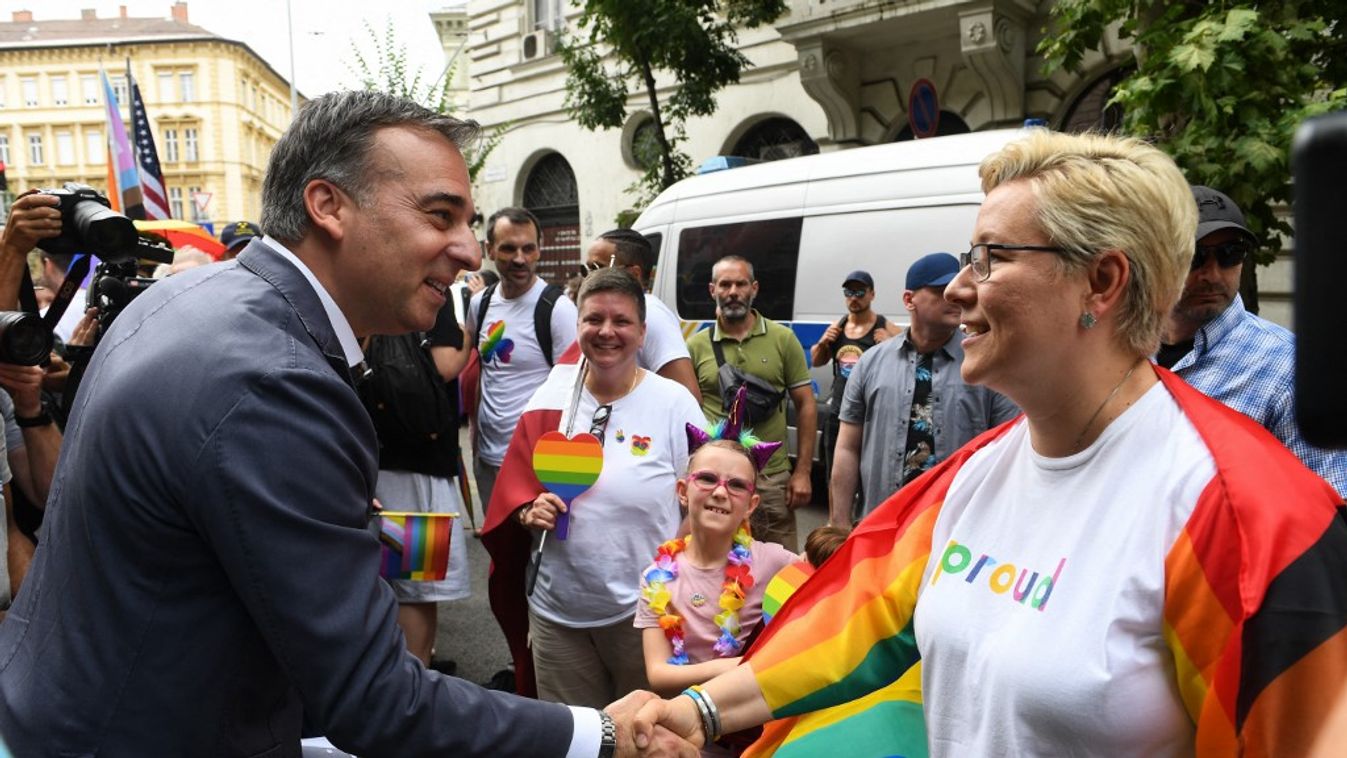

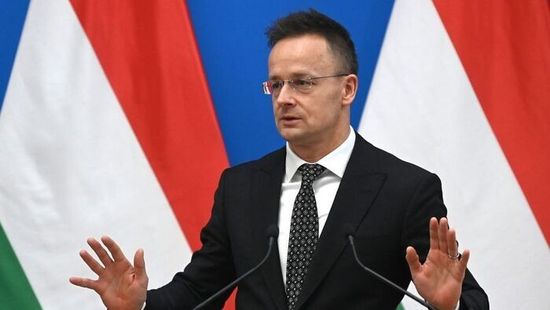

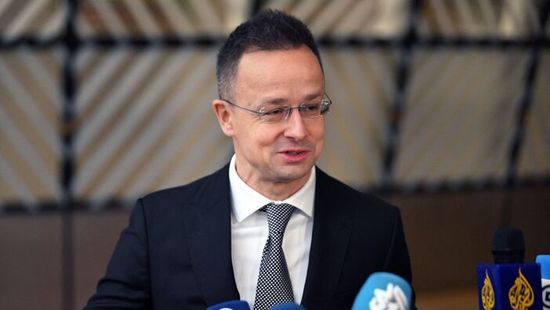

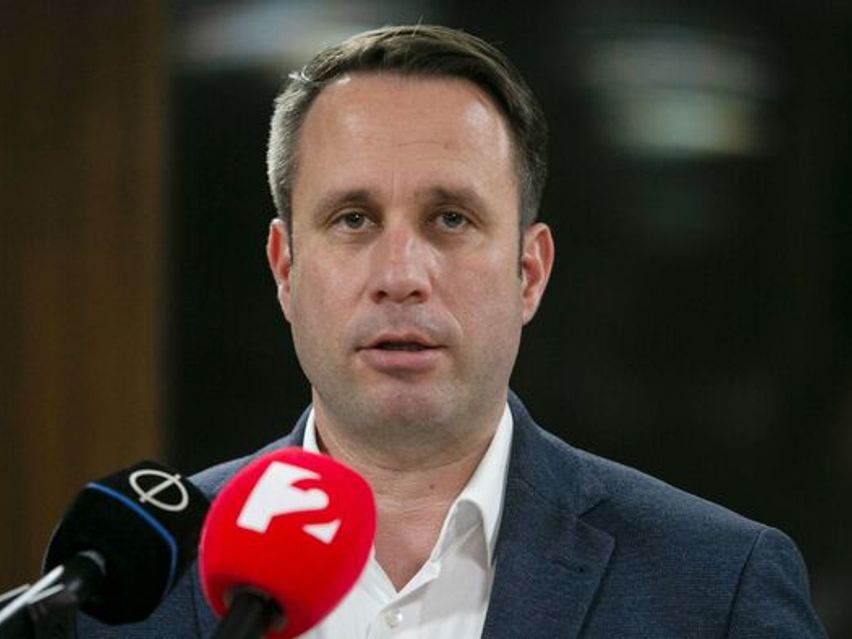
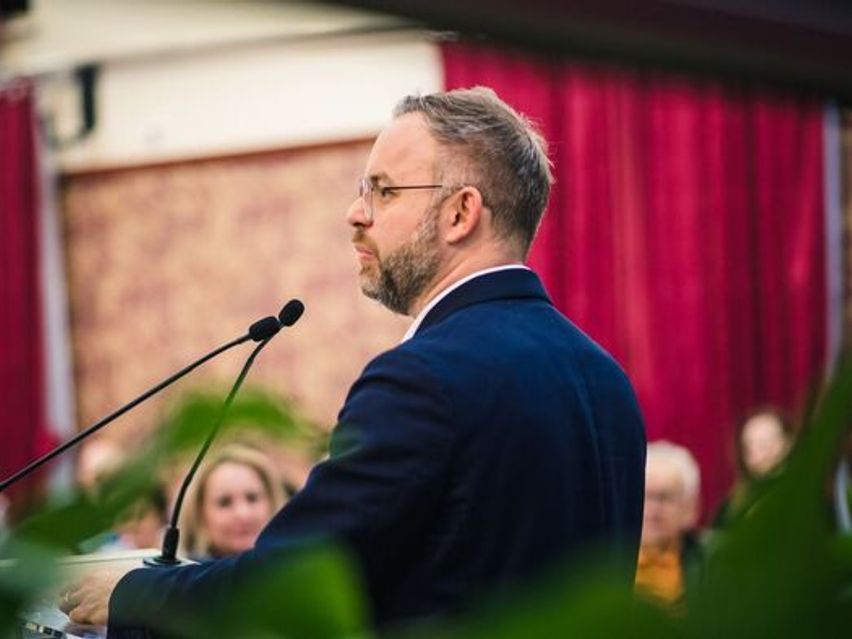
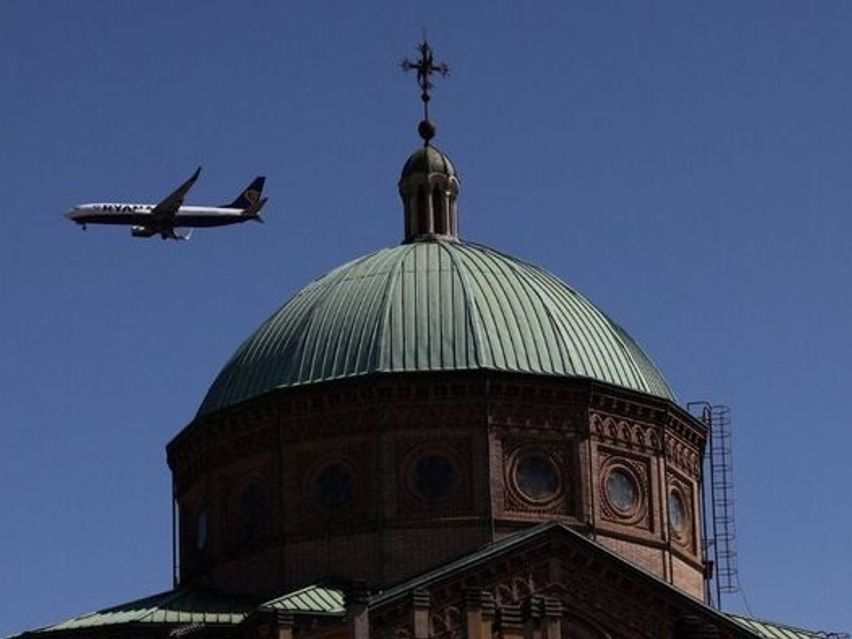
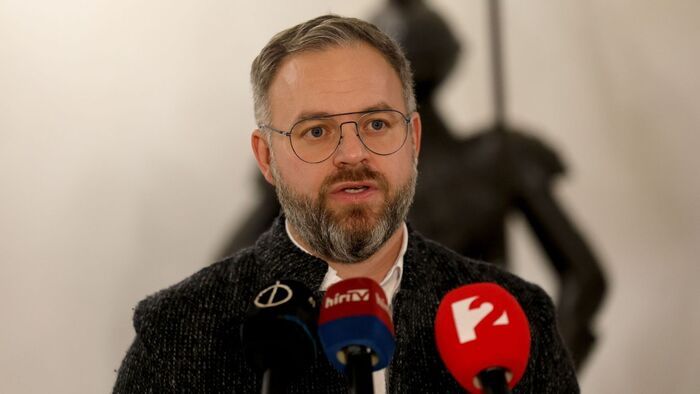

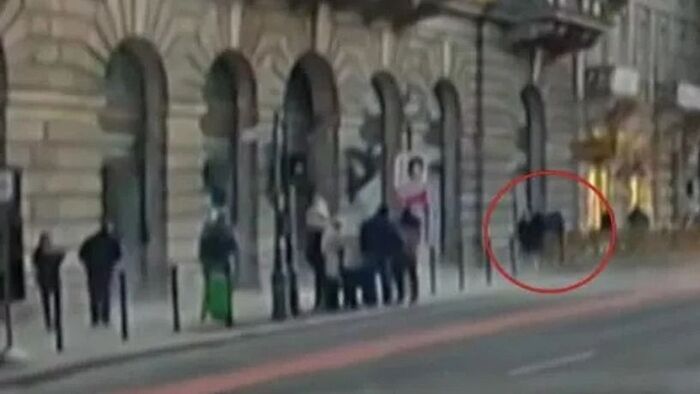
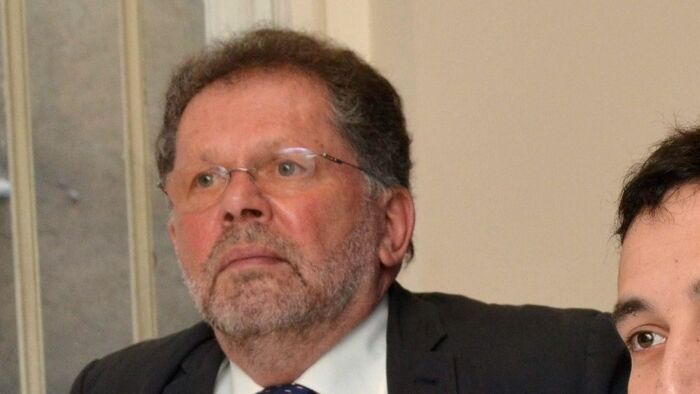
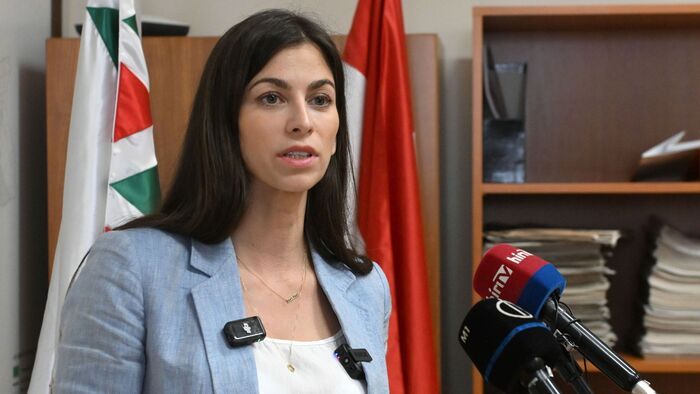
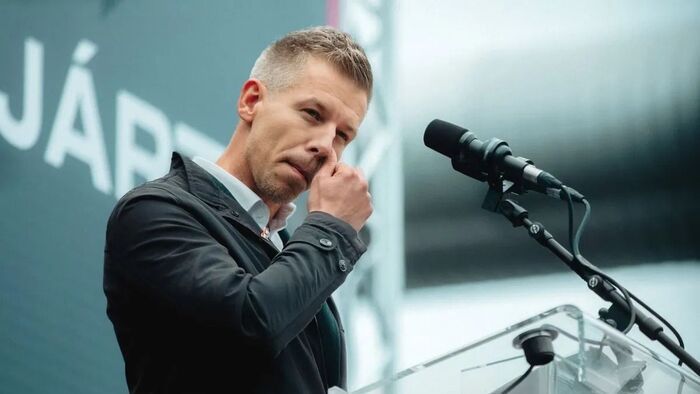
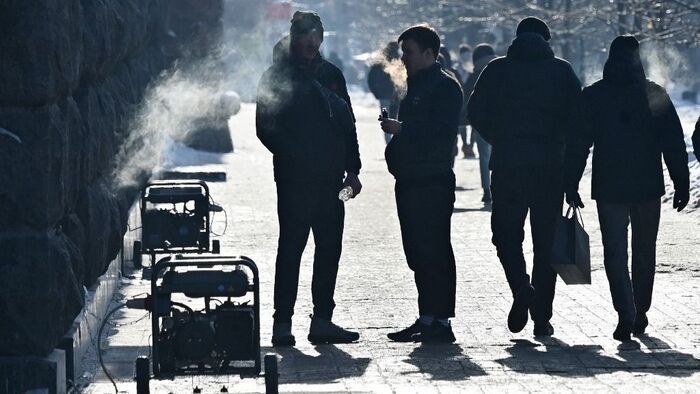
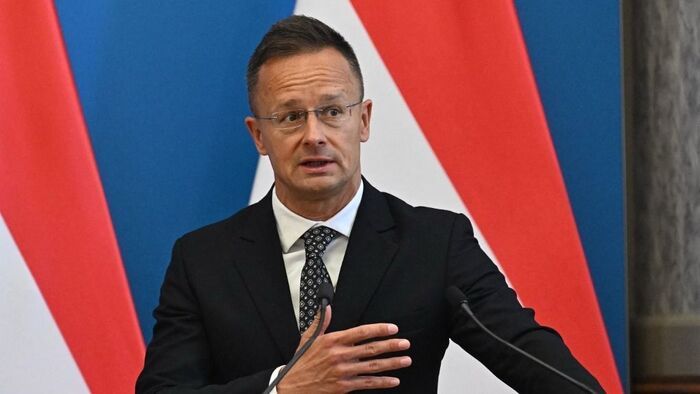





Szóljon hozzá!
Jelenleg csak a hozzászólások egy kis részét látja. Hozzászóláshoz és a további kommentek megtekintéséhez lépjen be, vagy regisztráljon!